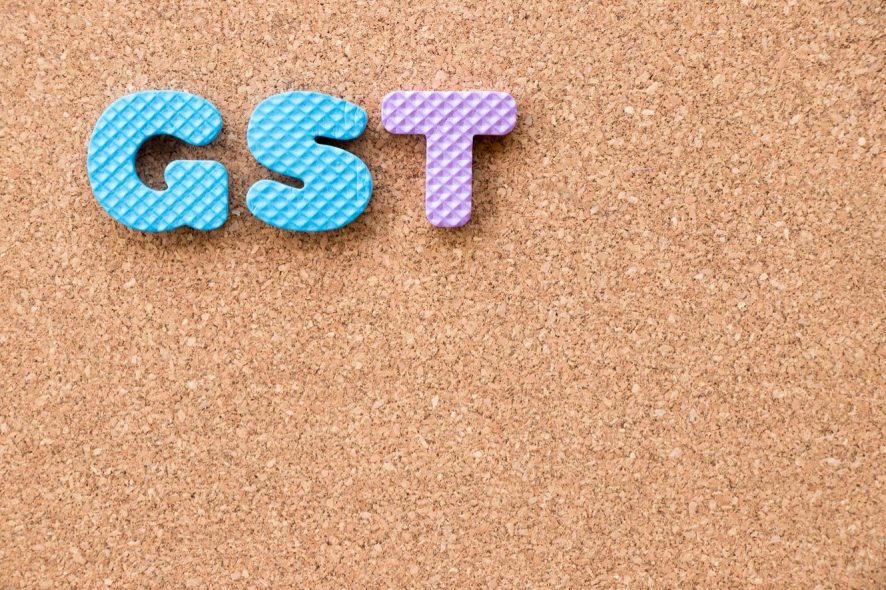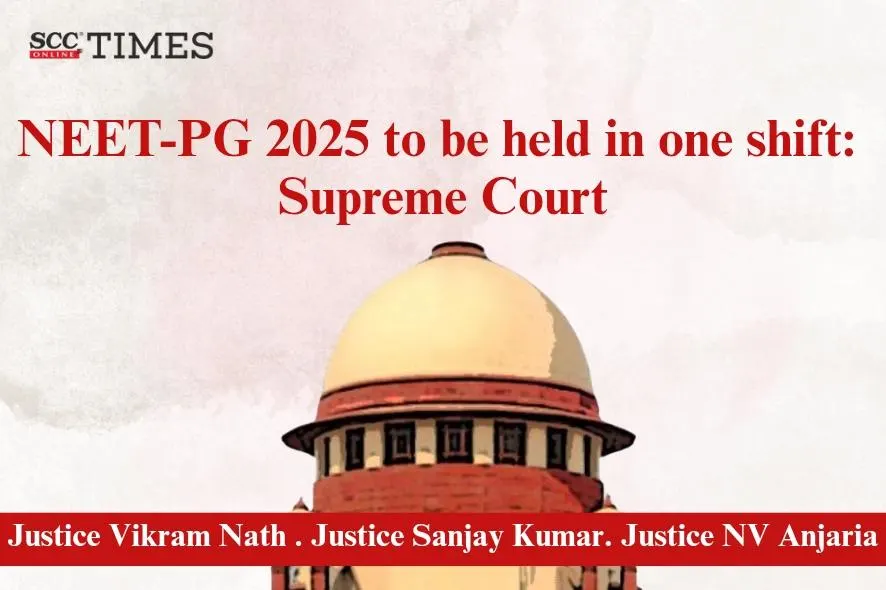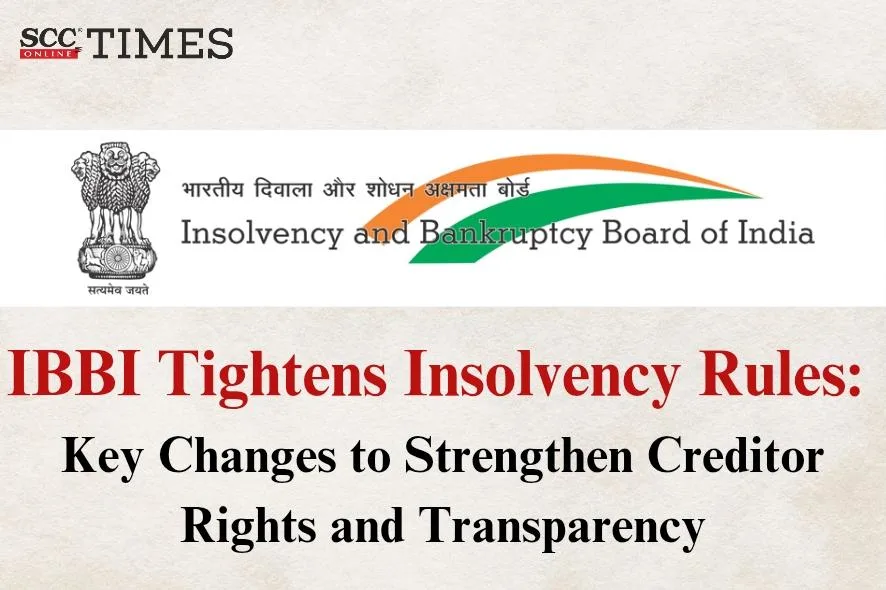West Bengal Authority for Advance Ruling (WB AAR): A Division Bench of Susmita Bhattacharya and Parthasarathi Dey, (Members) held that the supply of composite printing service to recipients located in India, is taxable for GST.
The question dealt in the present application is:
Whether the activities undertaken by procuring orders from a foreign buyer to print texts and thereafter deliver them to various places in India is a taxable transaction?
Applicant’s submissions
Applicant is awarded a contract for printing booklets in various Indian languages. For the said contract applicant arranges physical inputs like paper, ink and other physical inputs, prints the content and binds the printed material into booklets and delivers the same.
For the above contract, applicants receives consideration in US Dollars.
Applicant argued that the recipient was not providing any goods for performing the printing service. Provisions under Section 13(3)(a) of the IGST Act, 2017 are not, therefore, applicable.
Further adding to the above submissions, applicant stated that recipient being located outside India and consideration received in convertible foreign exchange, the activity should be considered as export of service.
Observation and Decision
Bench observed that, applicant prints booklets that are classifiable under heading 4901 of the Tariff Act.
The recipient provides the content usually on a digital media and retains usage right on such intangible inputs. The applicant prints the content on physical media, binds them into booklets and supplies the printed material. The goods so supplied have no utility other than displaying the printed content. Service of printing, therefore, is the predominant element of the composite supplies the applicant is making.
The place at which the printed booklets are delivered is the place of supply of the composite printing service.
Applicant fails to appreciate the true meaning of the terms ‘recipient’, as defined under Section 2(93) of the GST Act. It is an exhaustive definition, implying it can neither be expanded or reduced.
Hence, AAR states that applicant supplies the composite printing service to the recipient located in India. Such supplies are not, therefore, export of services within the meaning of Section 2(6) of the IGST Act, 2017.
Thus, applicant’s supply of the composite printing service is taxable under Sl No. 27(i) of Notification No. 11/2017 – Central Tax (Rate) dated 2810612017 (corresponding State Notification No. 1135 – FT dated 2810612017) or Sl No. 27 of Notification No. 8/2017 – lntegrated Tax (Rate) dated 2810612017, as the case may be.[Swapna Printing Works (P) Ltd., In Re., 45/WBAAR/2019-20, decided on 06-03-2020]
Image credits: Global Banking and Finance











